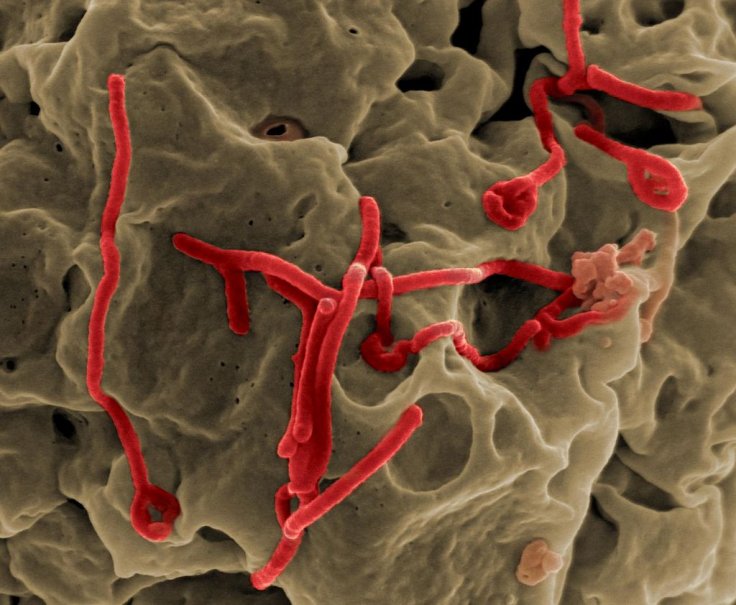Health officials in the Democratic Republic of the Congo (DRC) have confirmed the emergence of a new Ebola outbreak in the city of Butembo. The country's Health Minister, Eteni Longondo, said that on Wednesday, February 3, a woman died in the city of North Kivu province after contracting the deadly virus.
The woman was found with symptoms caused by the Ebola virus in the town of Biena on February 1 and a few days later she died in a Butembo hospital.
The ministry said in a statement on Sunday, February 7: "The provincial response team is already hard at work. It will be supported by the national response team which will visit Butembo shortly."
According to reports, over 70 people, who came into contact with the woman, have been tracked down. The World Health Organization (WHO) which is helping with the response to the Ebola outbreak said that the places, where the deceased had visited, have been disinfected.
WHO said in a statement: "It is not unusual for sporadic cases to occur following a major outbreak."
Collected samples have been sent to Congo's capital, Kinshasa, as the WHO is investigating the case and trying to identify the strain of the virus to confirm a link to the previous outbreak.
The 12th Ebola Outbreak
This is the 12th outbreak in conflict-ridden Congo since the discovery of the virus in the country in 1976. The new case emerged less than three months after an outbreak in Equateur that officially ended in November 2020—infected 130 people and killed 55.
From August 1, 2018, to June 25, 2020, more than 2, 200 people died because of the Ebola virus in Eastern Congo. The fight against the two-year-long outbreak was challenging, because of the conflict between armed groups, the world's largest measles epidemic, and the Coronavirus pandemic.

The healthcare officials are now worried that the new Ebola outbreak could badly affect the country's fragile health system, at a time when it faces a resurgence of COVID-19.
Since the beginning of the Coronavirus pandemic, the Congo has reported over 22,300 infection cases and more than 660 deaths related to COVID-19.
Jason Kindrachuk, an assistant professor at the department of medical microbiology and infectious diseases at Canada's University of Manitoba, said: "While there is hope that this early identification of an infection may help with quickly containing this outbreak, back-to-back Ebola outbreaks and COVID-19 has stretched Congo's health systems to the limit and this could put far greater strain on an already exasperated system."
Ebola is a very rare but deadly virus. It can cause fever, body aches, as well as diarrhea, and sometimes bleeding inside and outside the body. The virus damages the immune system and organs. It causes levels of blood-clotting cells to drop, leading to severe, uncontrollable bleeding. It kills up to 90 percent of people who are infected. The Ebola virus is believed to reside in bats.









